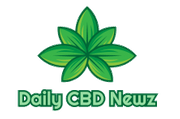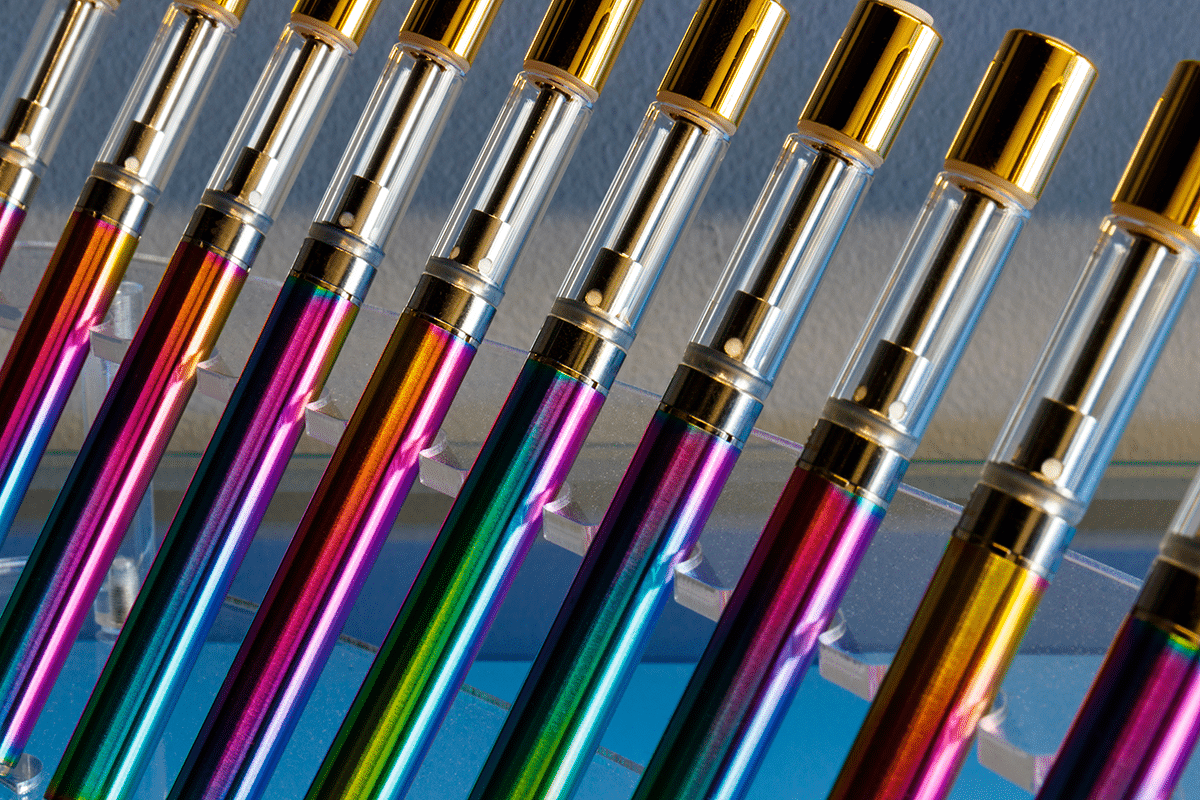1 of CBD’s overarching features in the overall body is to assistance homeostasis, and for yrs experts have investigated its probable at treating a vast assortment of addictions. In a way, dependancy might be seen as a absence of harmony: a collection of highs and lows or peaks and valleys, with very little middle floor.1
How, precisely, CBD may well sleek this out on the molecular degree remains a subject matter of considerable curiosity in preclinical exploration, in particular taking into consideration that CBD operates each in just and nicely over and above the “classic” endocannabinoid method.23 Nonetheless it happens, a rising physique of literature – generally in animal products, but progressively in human beings – confirms CBD does in truth have efficacy in assisting to deal with dependancy to a variety of substances, which include, ironically more than enough, problematic cannabis use.4
Whilst this may perhaps audio weird on its facial area, the point is that most hashish merchandise offered in accredited dispensaries and on the road are higher in THC and low in CBD. Due to the fact CBD is assumed to change both THC action5 and broader dependancy-linked pathways6 by interacting indirectly through the CB1 cannabinoid receptor, it follows that introducing considerably additional CBD would temper not only the cannabis large, but also, for some men and women, the pleasure-craving cycle.
Certainly, two not too long ago released papers insert to the evidence that increasing CBD consumption may possibly assist hashish people suffering from dependence.

Vape Much more CBD, Smoke Less Joints
A Could 2022 report in the journal Frontiers in Psychiatry7 describes how a team of French scientists recruited 20 major cannabis customers who had been actively looking for assist to decrease or halt their intake by means of a neighborhood dependancy facility in late 2020. At baseline, participants ended up smoking cigarettes a mean of 6.7 joints per day, in several scenarios with extra hash or resin for even higher efficiency.
The scientists preferred to know if CBD could aid them cut back again on their higher-THC hashish use. Individuals were delivered digital cigarettes and an unrestricted supply of vape liquid developed by a corporation called Leaf. The vape liquid contained CBD and, given that they have been also smokers, nicotine if they preferred, which all did. (“Obtaining a liquid with nicotine was proposed in scenario of tobacco intake to limit the hazard of elevated cigarette usage or signs of tobacco withdrawal,” the authors produce.) Contributors were being asked to report again about their hashish consumption, vape liquid intake, cigarette use, and expertise of cravings or withdrawal.
All 20 contributors started out off with a CBD concentration in the vape liquid of 33.3 mg/mL. At subsequent weekly visits, this could be adjusted upward to 66.6 mg/mL or 100 mg/mL dependent on cravings and withdrawal indications (with nicotine levels held constant).
Curiously, by week four of the trial, the 6 individuals who decreased their joint tally by additional than 50% had been also consuming the most CBD: 221 mg for each working day compared to 66 mg per working day. This variance subsequently disappeared and only 9 participants completed the comprehensive 12-week stick to-up, but six of them at minimum halved their hashish consumption by the study’s conclude, and a few stopped employing solely. The imply number of day-to-day joints amid them was down to a few.
Cigarette use, likewise, dropped from a indicate of seven to a lot less than 3, with two individuals quitting entirely. Given that CBD has been shown to lower cigarette use,8 this outcome could be attributable to the vaped CBD, the nicotine alternative, or both of those – there’s no way to know for positive. In any situation, no side consequences or withdrawal signs demanding even further treatment were being documented.
The authors acknowledge that supplied its observational mother nature, uncontrolled structure, and other constraints, the study can’t present conclusive evidence on the efficacy of inhaled CBD for treating hashish dependence. But the analysis at minimum details to a very low-danger selection for those people hunting to lower back.

Pharmaceutical Cannabinoids for Cannabis Dependence
Yet another modern paper, printed in June in the same journal9 offers a systematic review of prior randomized managed trials that evaluated the therapeutic prospective of different cannabinoids in treating cannabis dependence and withdrawal. In addition to pure CBD, the Switzerland- and Germany-centered authors also looked at scientific tests evaluating the THC-dependent prescription drugs dronabinol and nabilone and the drug nabiximols, which consists of CBD and THC in practically equal measure.
Among seven trials with a complete of 597 contributors that qualified for the assessment, two tested dronabinol, one particular tested nabilone, 3 tested nabiximols, and one particular examined CBD isolate. The authors’ findings? Across the board, the THC-primarily based prescription drugs dronabinol and nabilone confirmed “limited or no therapeutic potential” in treating cannabis habit. (Perhaps not a shock, as substituting pure artificial THC for THC-abundant flower was normally a suspect treatment scheme.)
But pure CBD and nabiximols equally “demonstrated broader efficacy.” CBD by itself was most successful (at doses of doses of 400 mg and 800 mg for each day, but not 200 mg for every working day), considerably cutting down significant-THC hashish use and improving upon abstinence though reducing withdrawal indicators. Nabiximols (made up of CBD doses of possibly 80mg/day or 105 mg/day, relying on the trial) was slightly considerably less successful, but continue to lowered use, improved abstinence, and decreased withdrawal indicators and craving.
“However, the evidence is at this time too weak to help any particular medication,” the authors caution. “Future scientific studies need to incorporate higher sample sizes, extra diverse populations, longer procedure durations, and head-to-head comparisons.”
Significantly appealing would be a showdown between CBD isolate and nabiximols for managing other material addictions. Presented the latter’s balanced 1:1 THC:CBD information, it may well deliver additional synergistic aid in some cases without having feeding new dependencies.
Nate Seltenrich, an unbiased science journalist based in the San Francisco Bay Area, covers a vast range of topics together with environmental health and fitness, neuroscience, and pharmacology.
Copyright, Project CBD. May possibly not be reprinted with out authorization.
Footnotes




